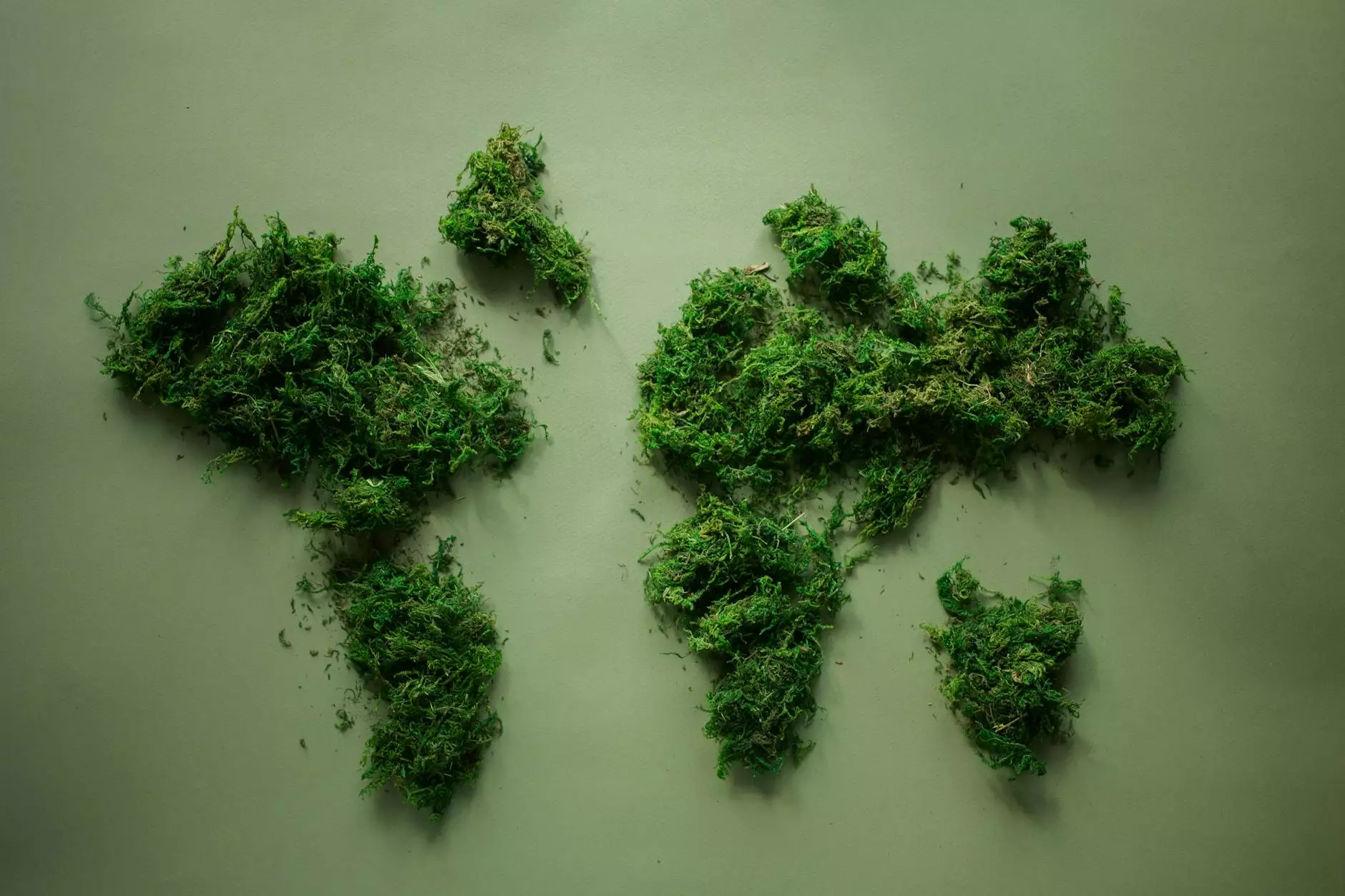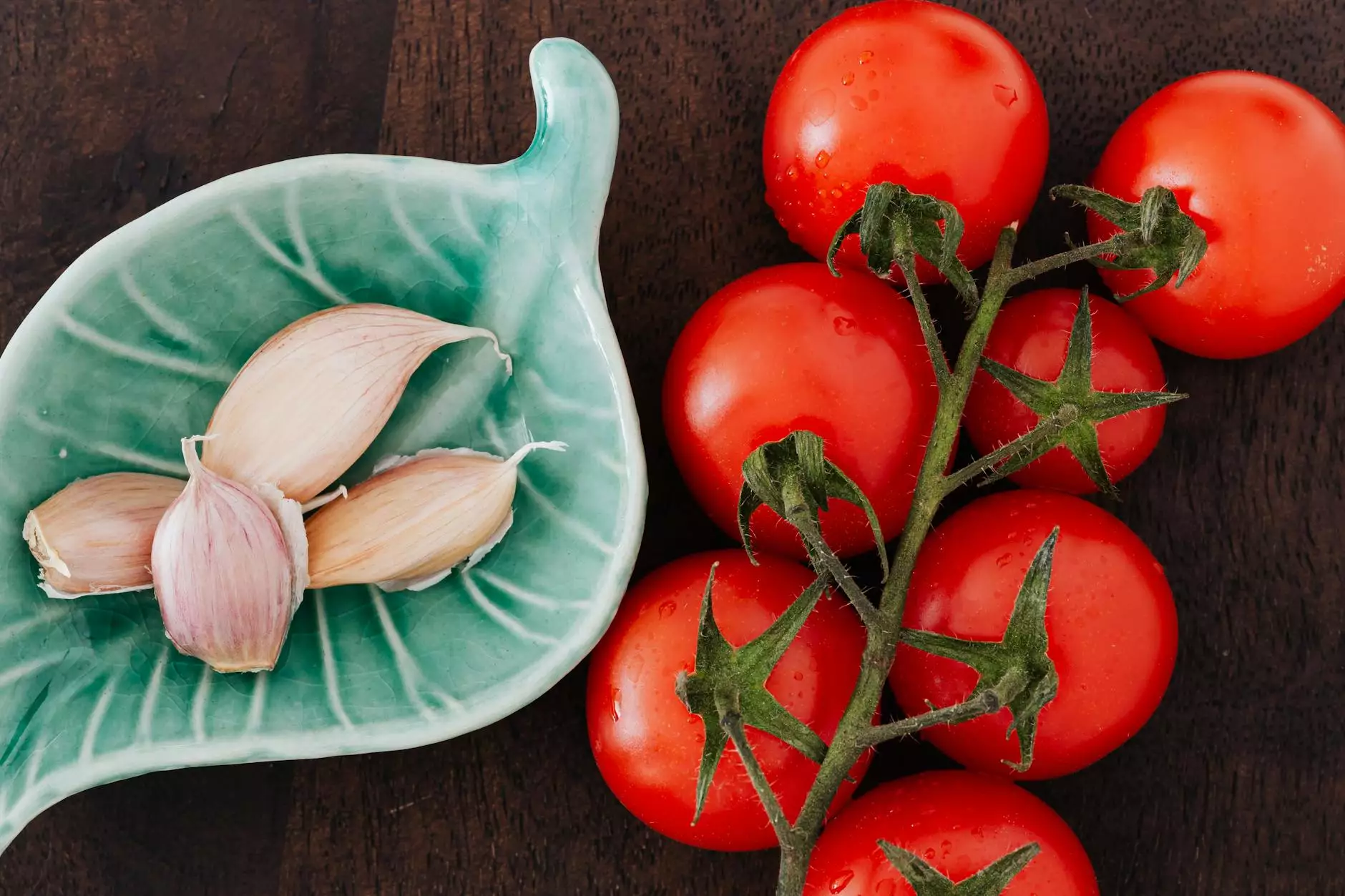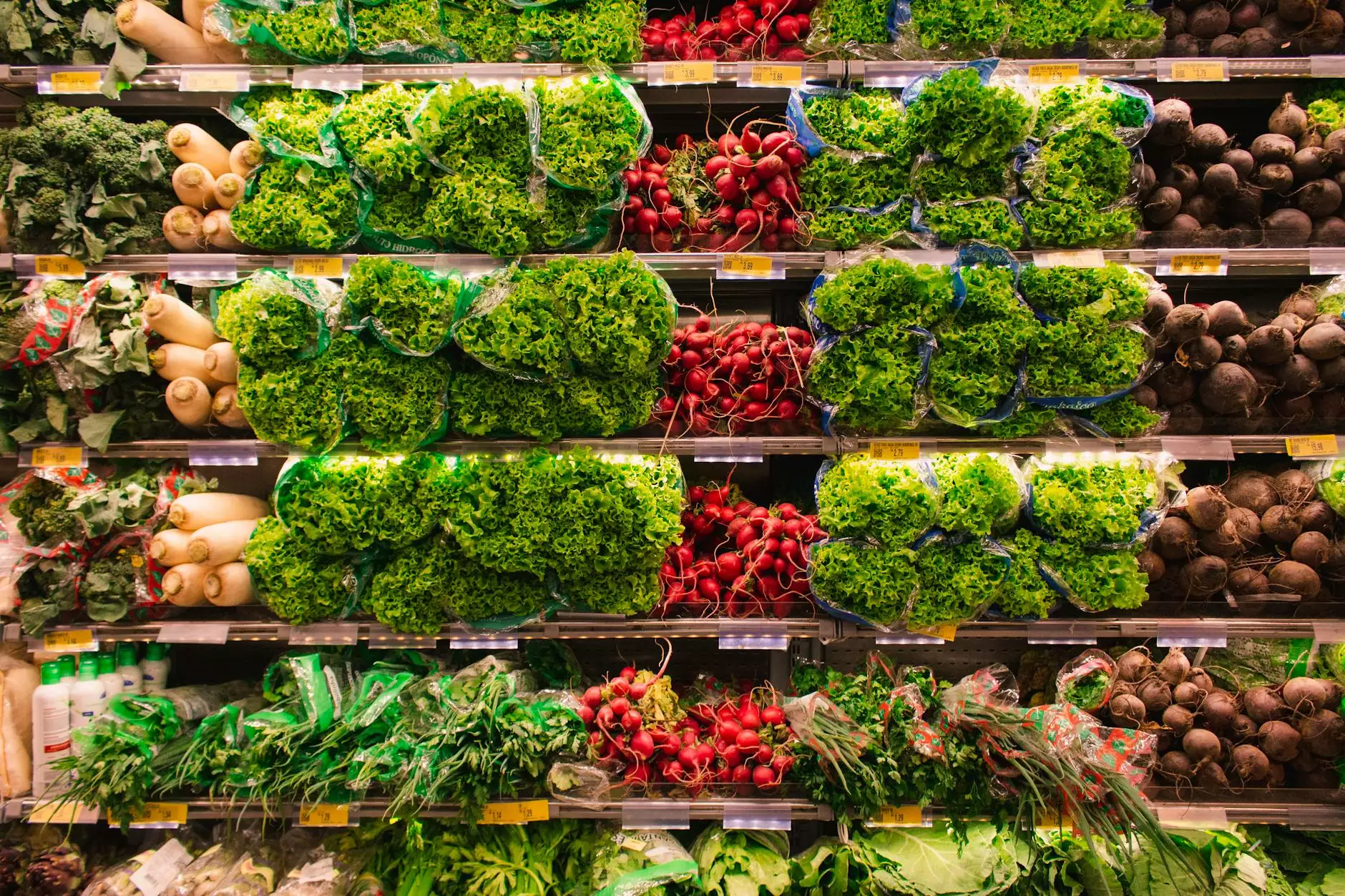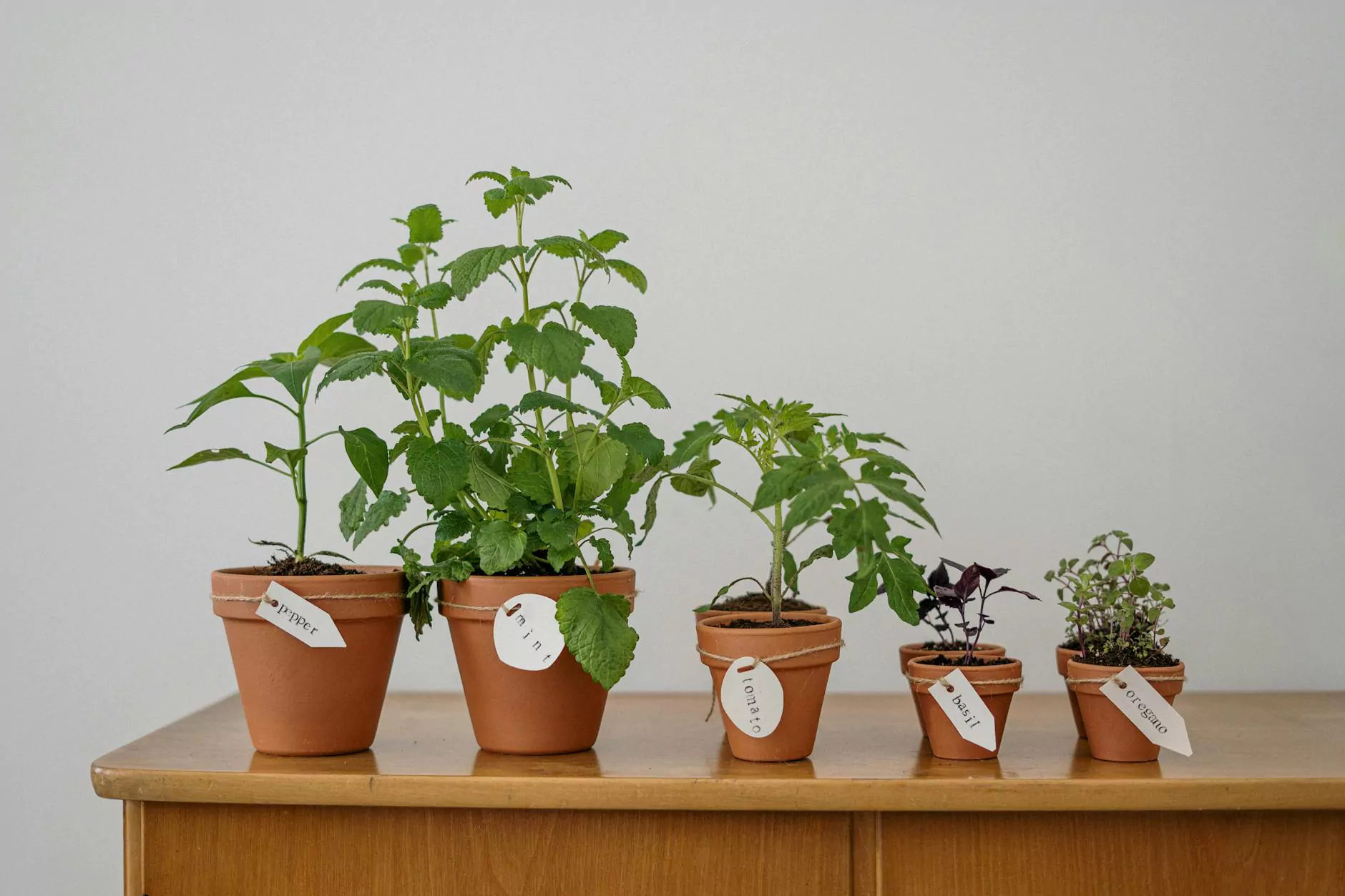Why Conserving Water is so Important

Introduction
Water is an essential resource that sustains life on earth. However, with growing population and increasing demands, the availability of clean and fresh water is becoming scarcer. In this article, we will explore the importance of conserving water and how it can positively impact the environment and your community.
The Environmental Impact
Conserving water is crucial for preserving our natural environment. By using water efficiently and avoiding wastage, we can help protect vital ecosystems, such as rivers, lakes, and wetlands. These ecosystems are home to various plant and animal species and are essential for maintaining biodiversity. Furthermore, water conservation plays a significant role in mitigating the effects of climate change. By reducing our water consumption, we can decrease the energy required for water treatment and distribution, resulting in fewer greenhouse gas emissions.
Benefits for Community
Conserving water not only benefits the environment but also has positive effects on your community. By practicing water conservation, you can contribute to the availability and reliability of water supply for future generations. Limited water resources can lead to water scarcity, impacting agricultural productivity, access to clean drinking water, and sanitation facilities. By conserving water, we ensure sustainable development and improve the quality of life for ourselves and those around us.
Financial Savings
In addition to the environmental and community benefits, water conservation also offers financial savings. By adopting water-efficient practices, such as installing low-flow fixtures, repairing leaks promptly, and utilizing water-saving technologies, you can significantly reduce your water consumption. This, in turn, leads to reduced water bills and overall cost savings in the long run. Conserving water also promotes the efficient use of energy, as water treatment and distribution require significant energy inputs.
Practical Water Conservation Tips
1. Fix Leaks: Regularly check your faucets, pipes, and toilets for leaks, and repair them promptly.
2. Install Water-Saving Fixtures: Replace old fixtures with low-flow showerheads, faucets, and toilets to reduce water usage.
3. Efficient Landscape Irrigation: Use drip irrigation systems and water your garden during early morning or late evening hours to minimize water loss due to evaporation.
4. Collect Rainwater: Install rain barrels or tanks to collect rainwater for watering plants and outdoor cleaning purposes.
5. Reuse Water: Collect and reuse water from activities such as washing dishes or laundry for other purposes such as flushing toilets or watering plants.
6. Educate and Raise Awareness: Spread the importance of water conservation to your family, friends, and community, encouraging them to adopt water-saving habits.
Conclusion
Conserving water is a responsibility we should all embrace. By practicing water conservation, we can contribute to a sustainable future, protect our environment, and ensure an adequate water supply for generations to come. Start implementing these water-saving tips today and make a positive impact on both your community and the planet.










